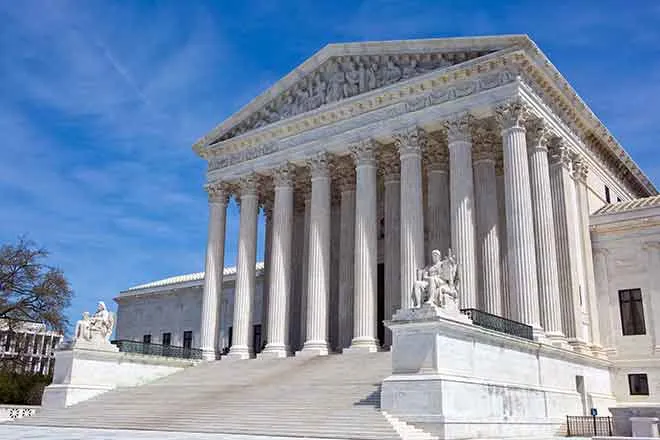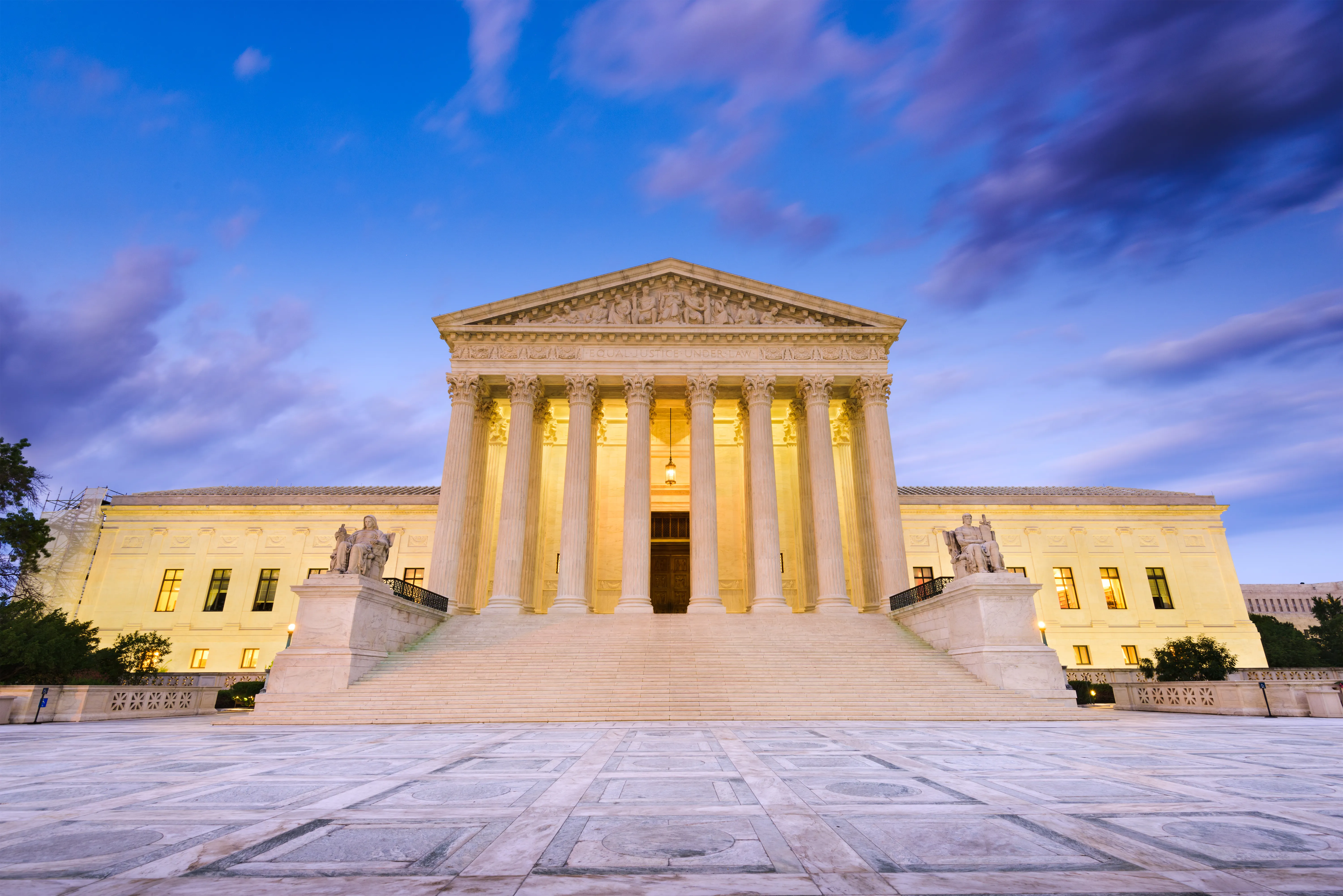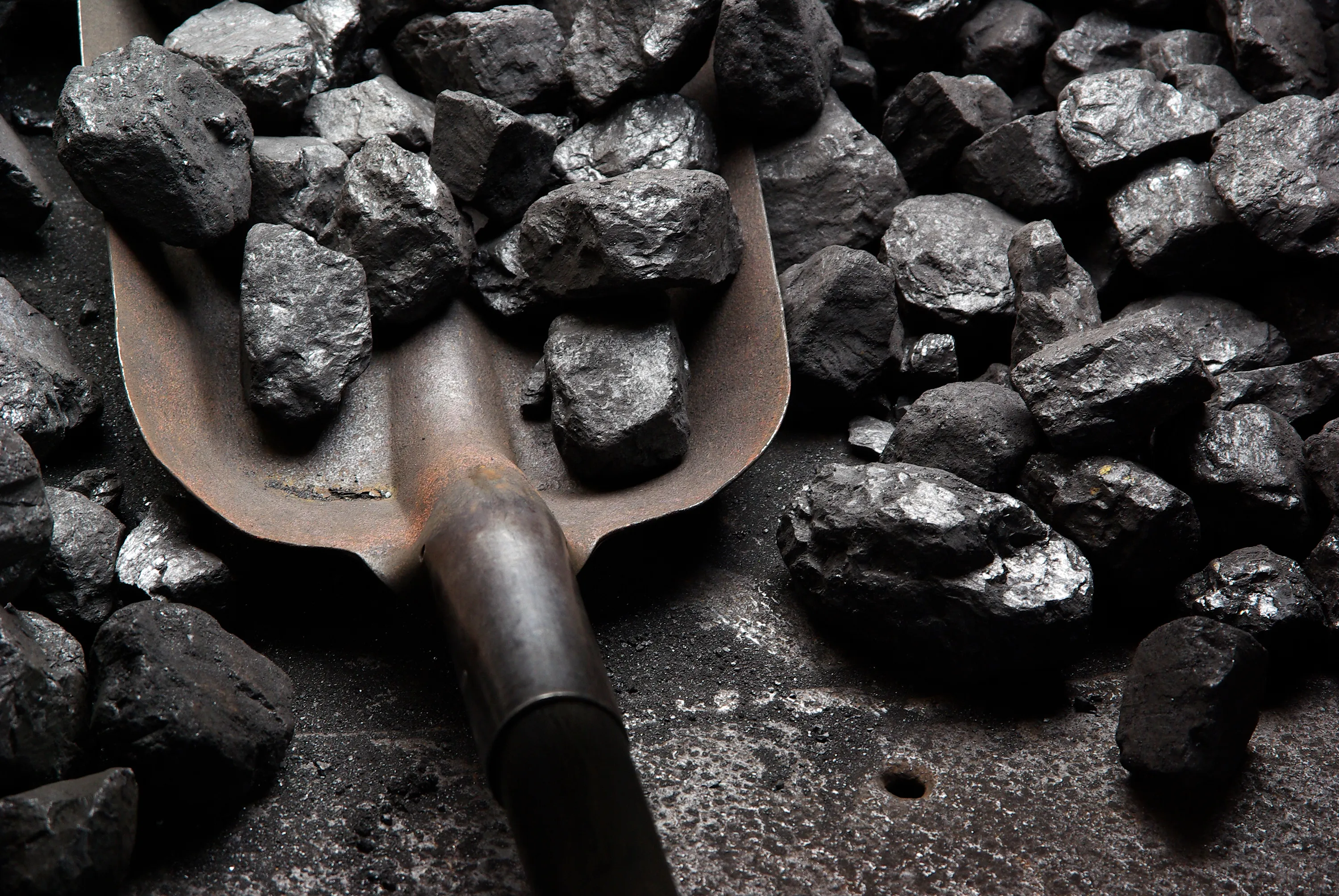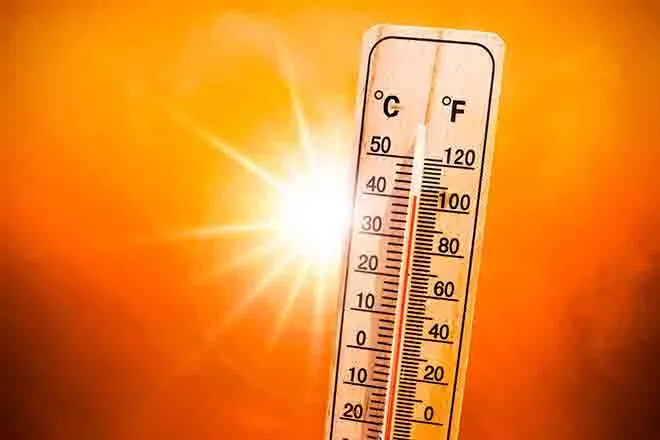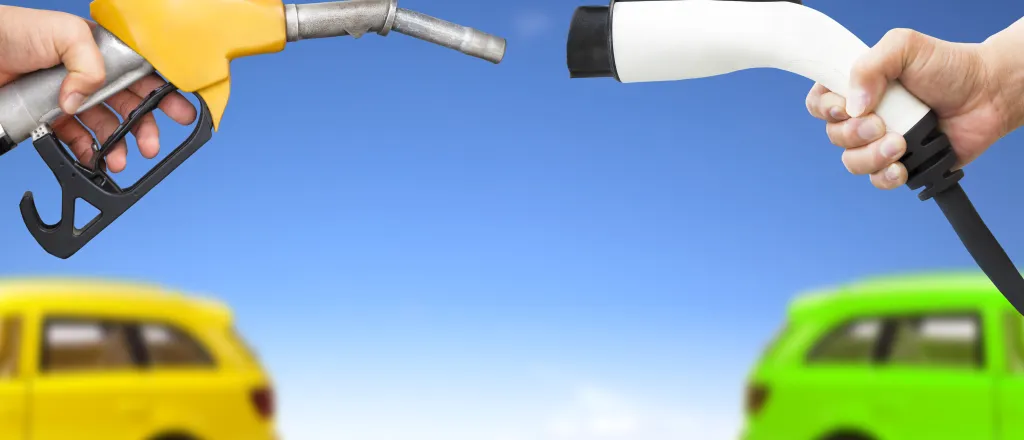
Minnesota transportation sector could be next in line for carbon-free standard
Click play to listen to this article.
(Minnesota News Connection) Minnesota already has a law calling for 100% carbon-free electricity by 2040. Now, there's a similar plan for transportation, and a legislative committee will consider the idea today.
The clean transportation standard has a target year of 2050 for phasing out carbon-intensive fuel sources for cars and trucks.
Producers slow to adapt would have to buy credits, while companies distributing cleaner products would receive incentives.
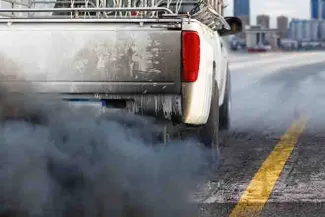
© iStock - Toa55
Transportation accounts for about a quarter of Minnesota's greenhouse gas emissions, and Fresh Energy's Senior Lead for Innovation and Impact Margaret Cherne-Hendrick said this approach could help reduce that total.
She pointed to newer types of biofuels, beyond standards like ethanol.
"For example, winter oil seeds are better for the environment," said Cherne-Hendrick. "They require much less fertilizer. "
University of Minnesota researchers note these seeds could benefit parts of the transportation sector that face challenges in going electric, such as heavy-duty trucks.
Under the bill, fuel sources would be graded on their carbon intensity - to determine where they rate with the standard.
Skeptics, including some environmental researchers, say the plan could have unintended consequences in reducing emissions.
State Senate Transportation Committee Chair Scott Dibble - DFL-Minneapolis - said while there's a strong push for electric vehicle adoption, many people right now still have to buy cars powered by traditional fuel sources.
"The market penetration is still very small for EVs," said Dibble, "and they're going to own and operate that liquid fuel-based car for the coming 20 plus years."
As the EV market takes shape, he said it makes sense to fill these other cars with the cleanest fuels possible.
There's still a lot to sort out in establishing the standard, and Dibble acknowledged it might have to start as a goal, given the current state of fuel technology.
His bill calls for a one-time appropriation of $900,000 for implementation, but Dibble insisted the incentives market would largely support itself in the long-term.



